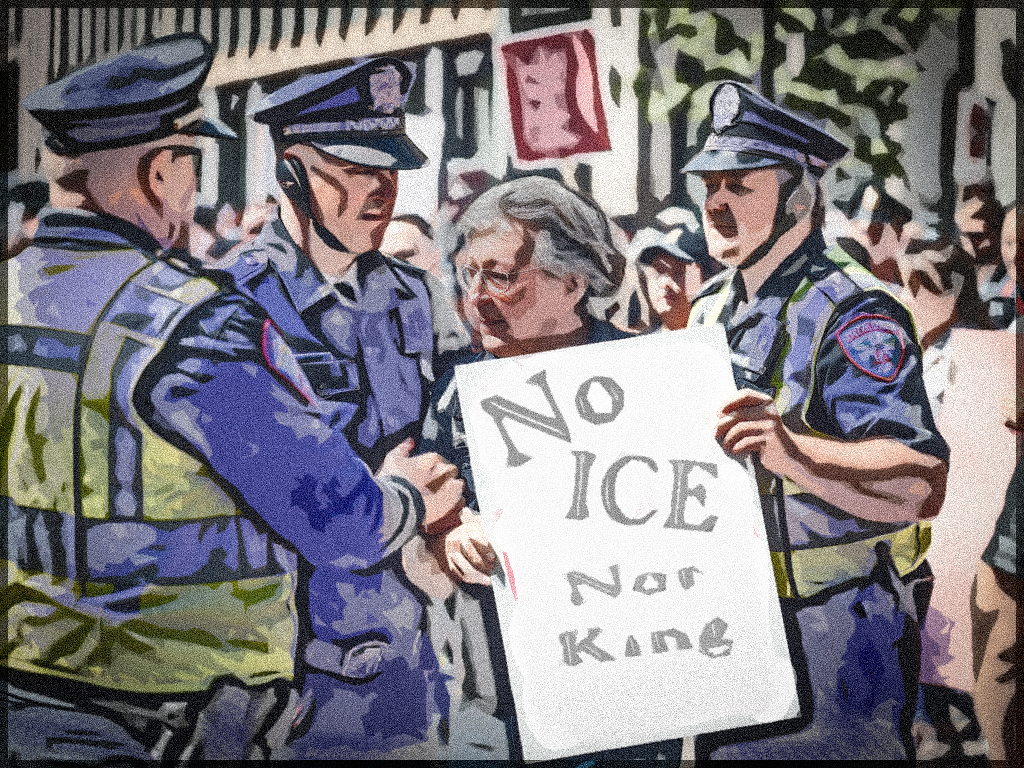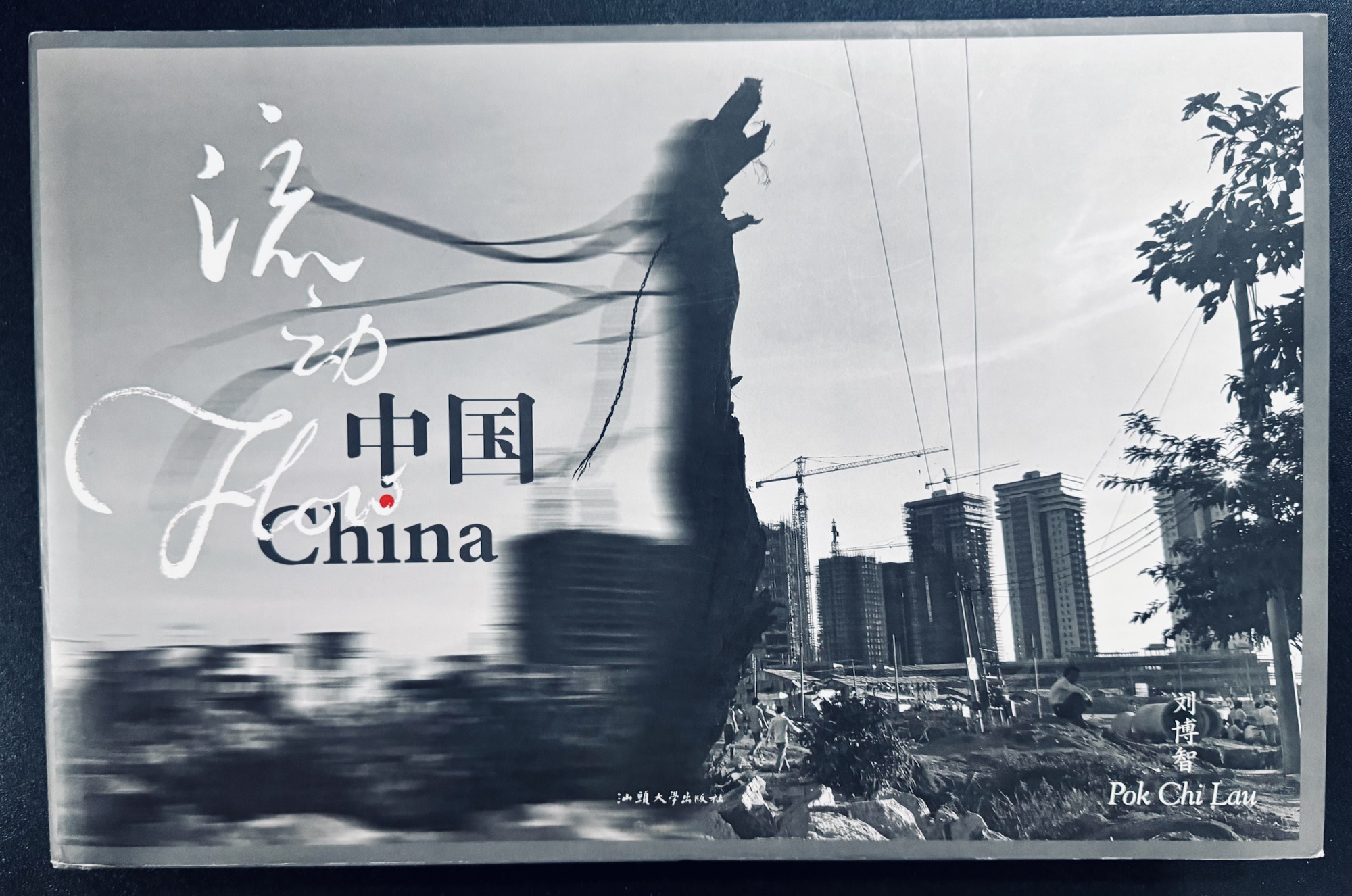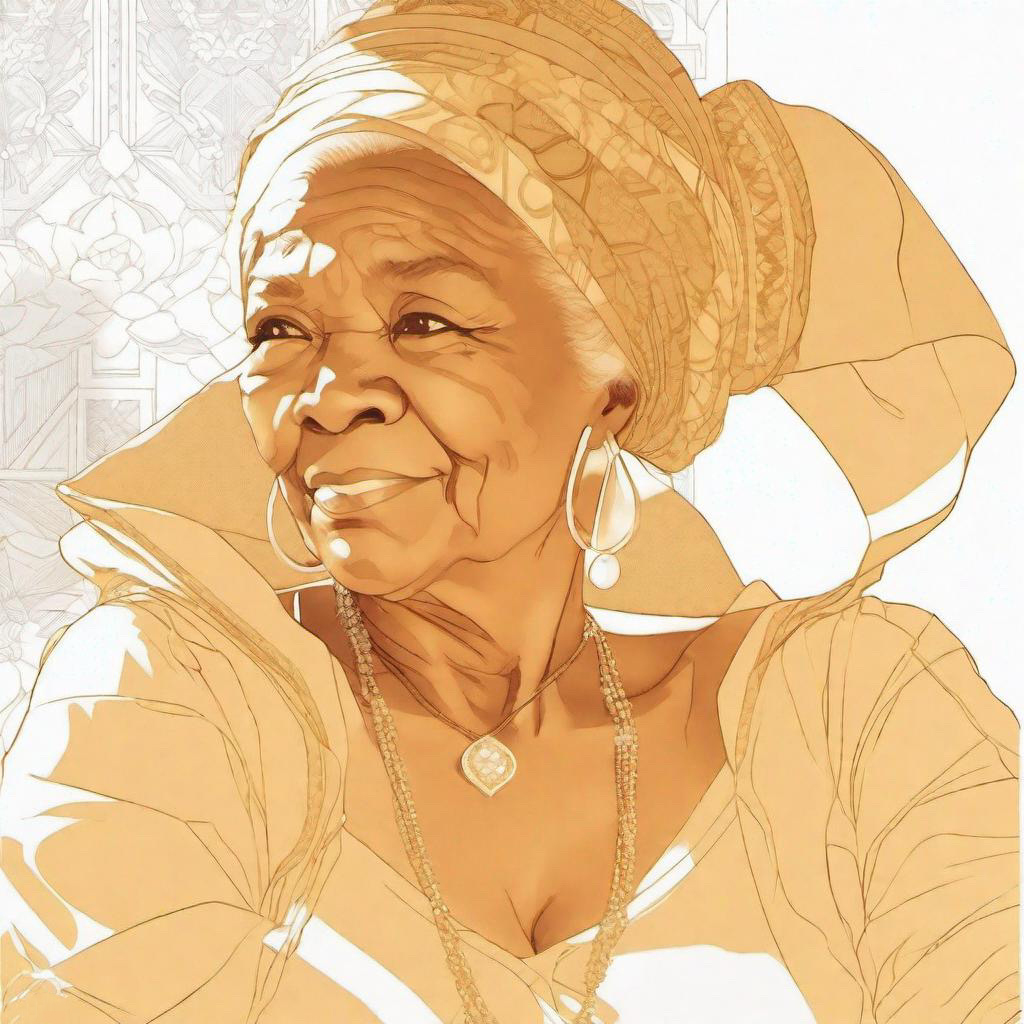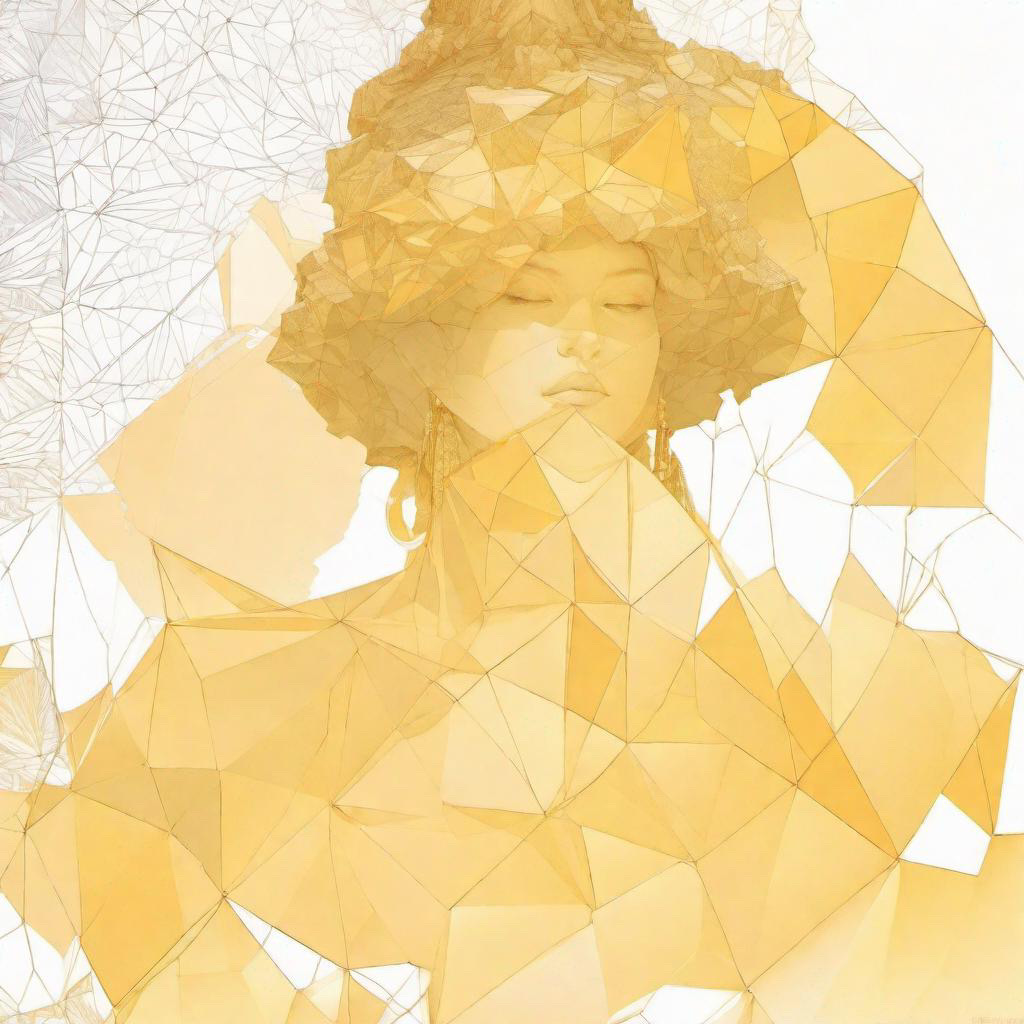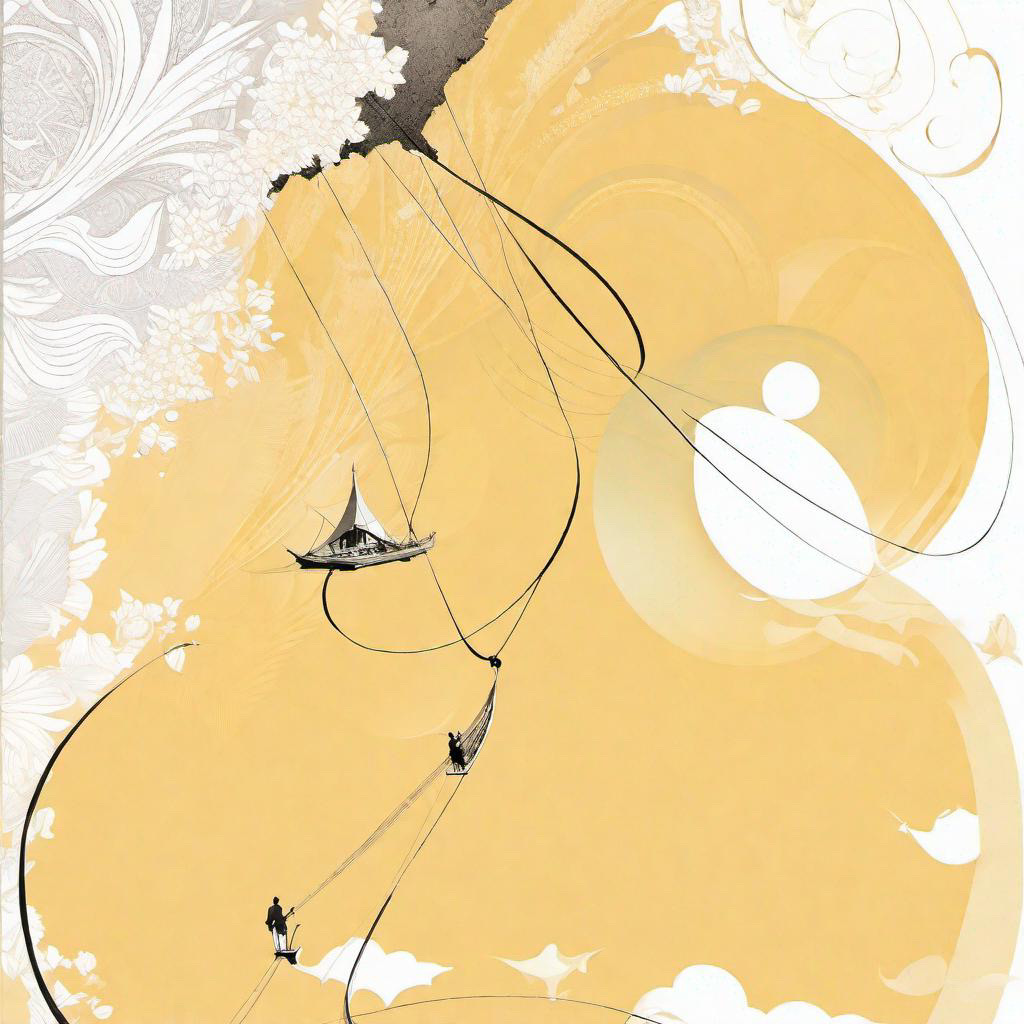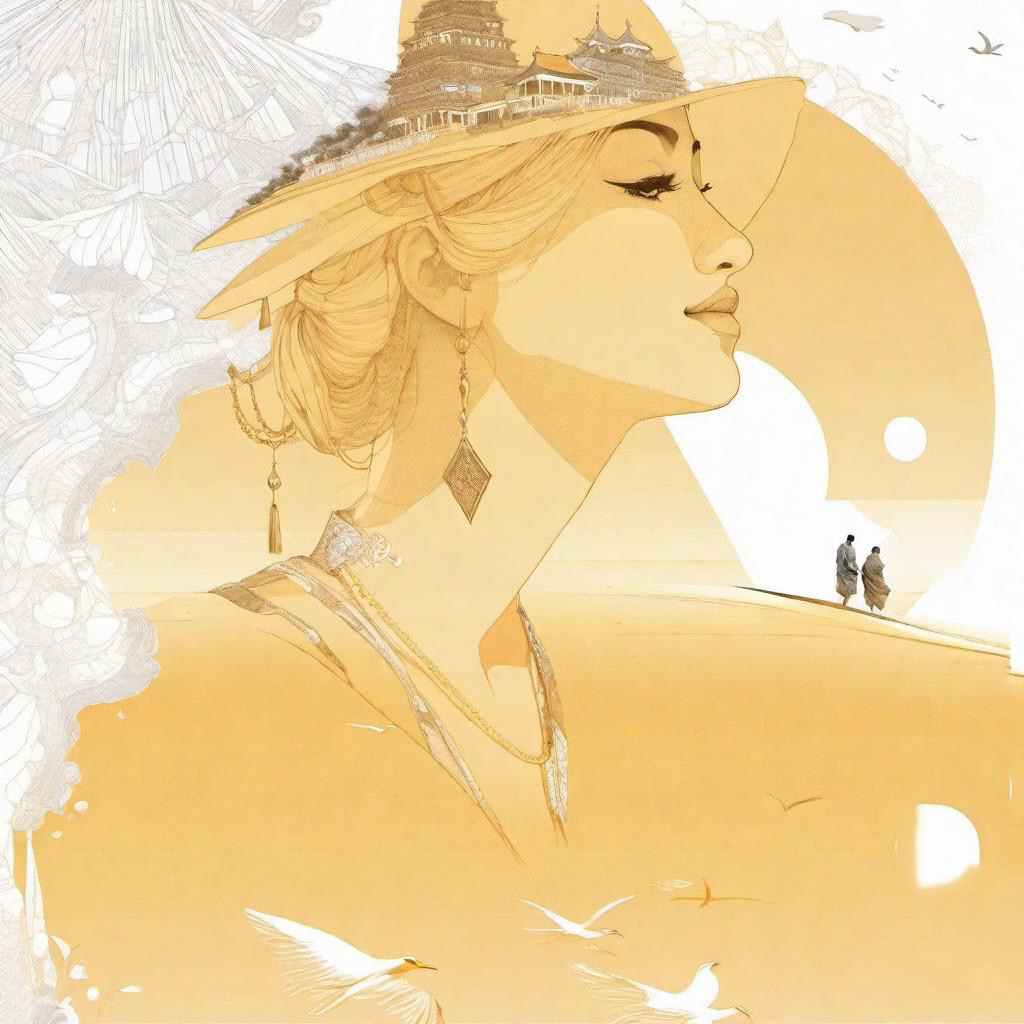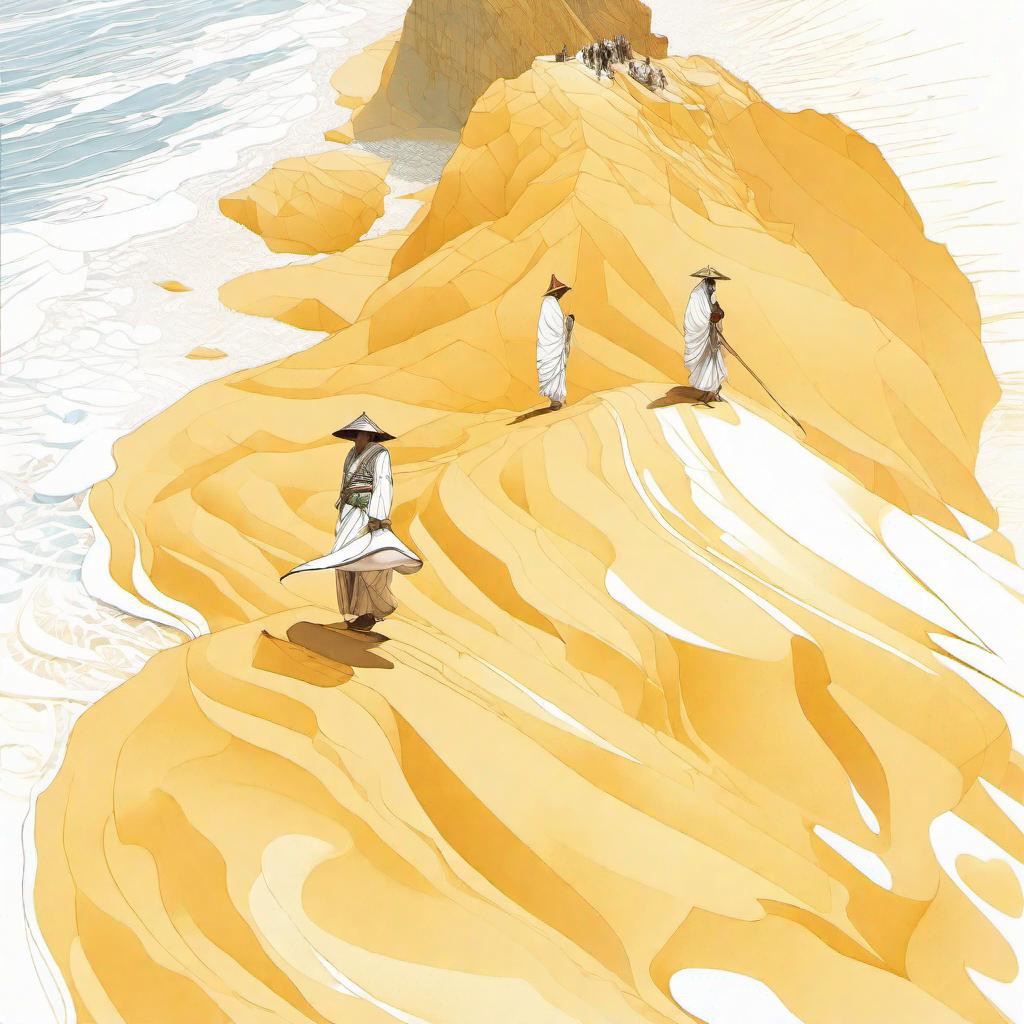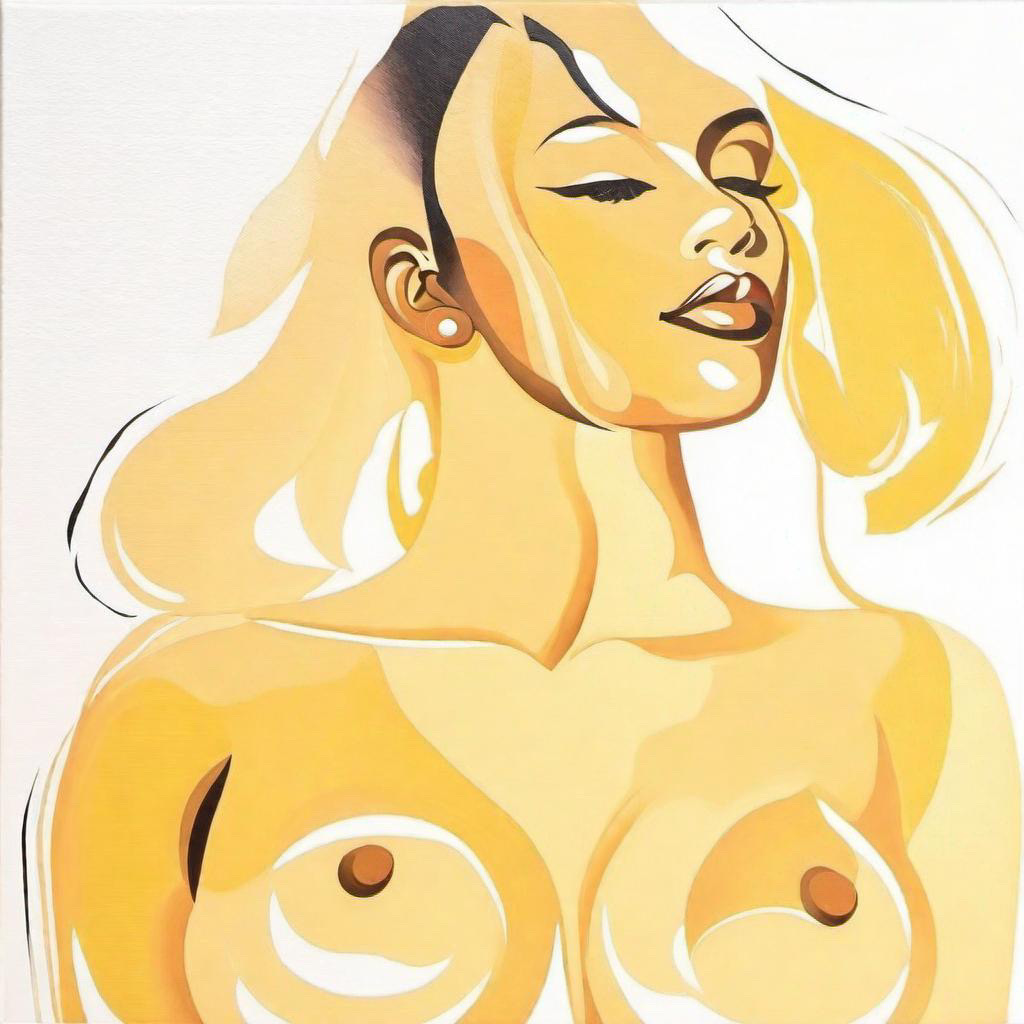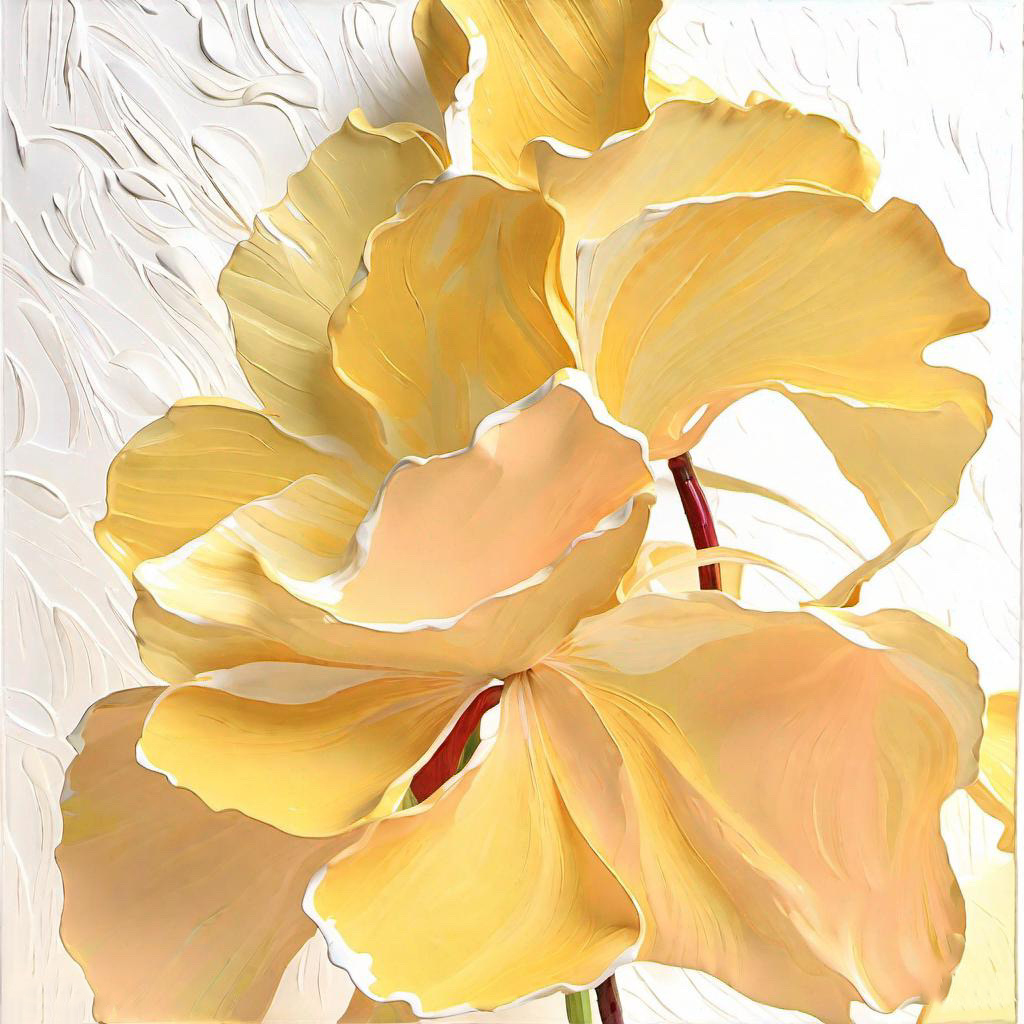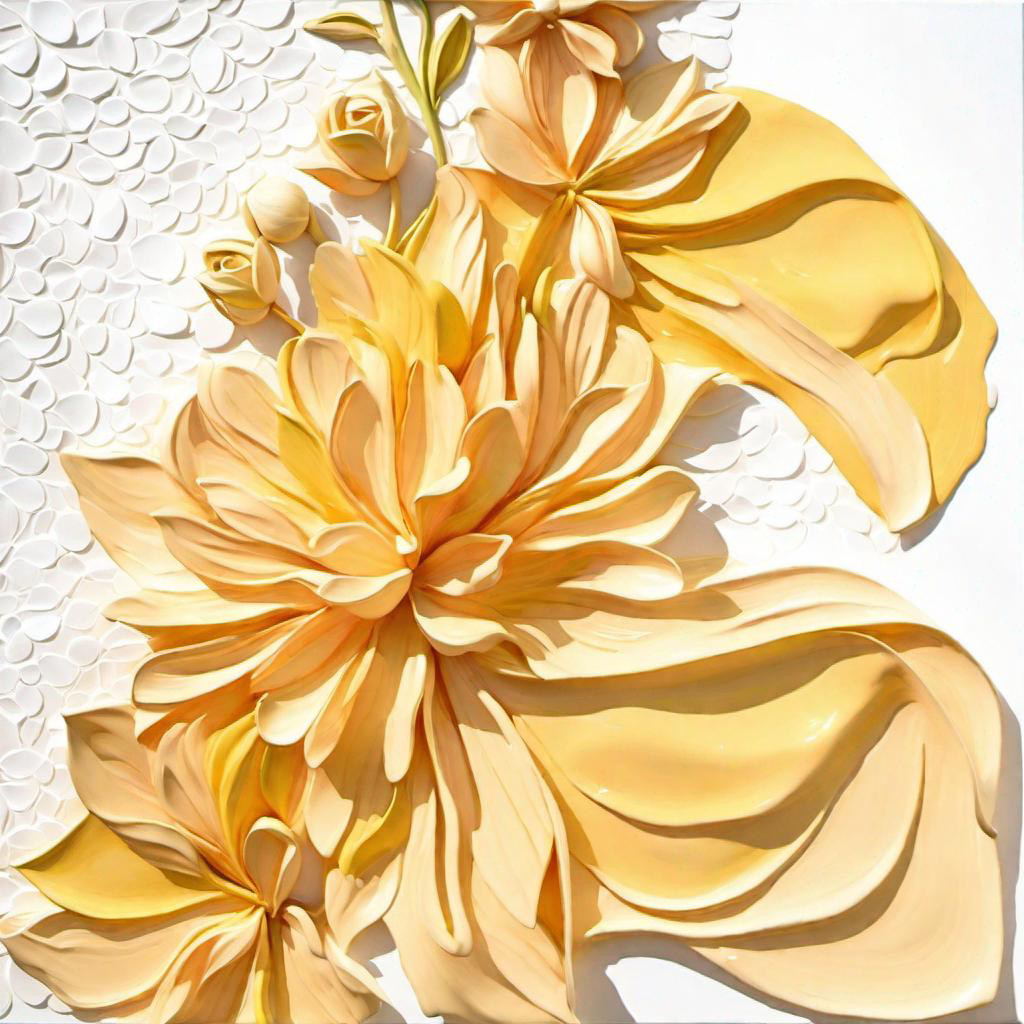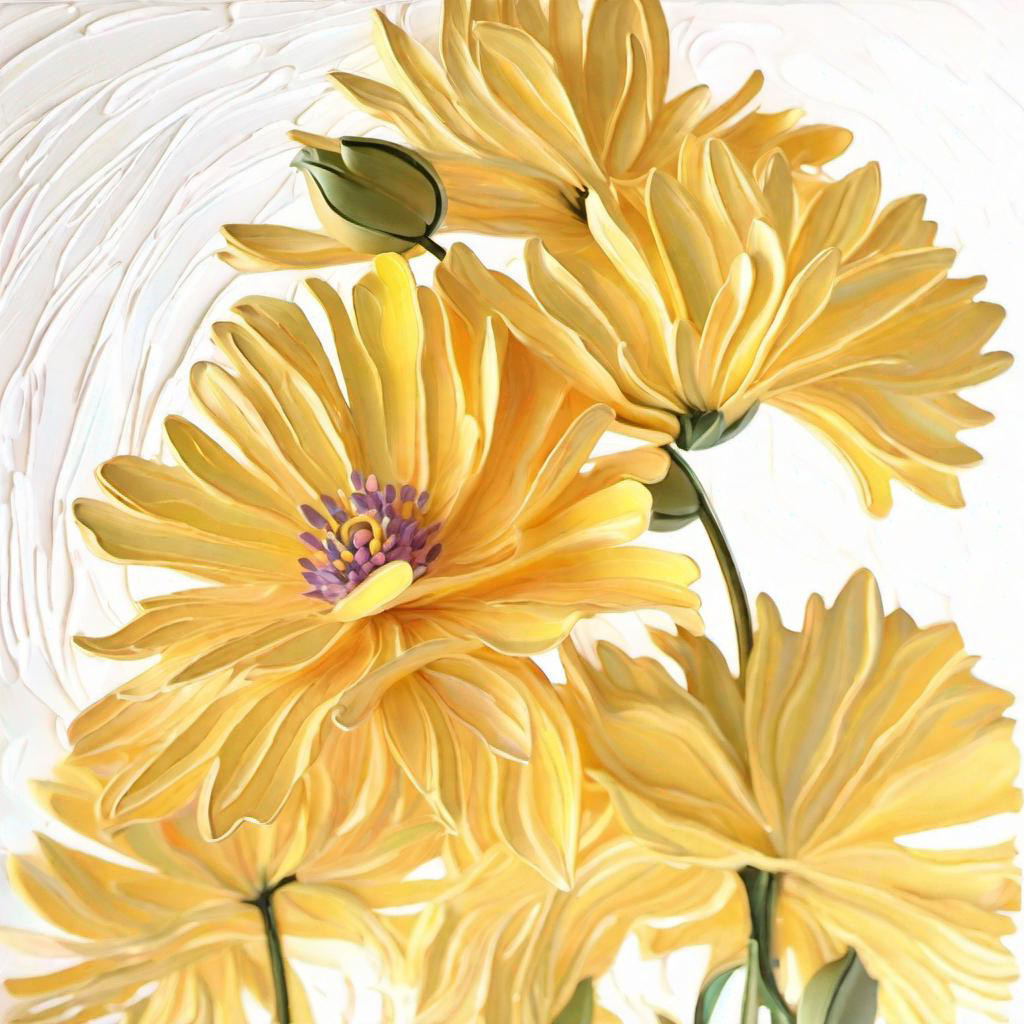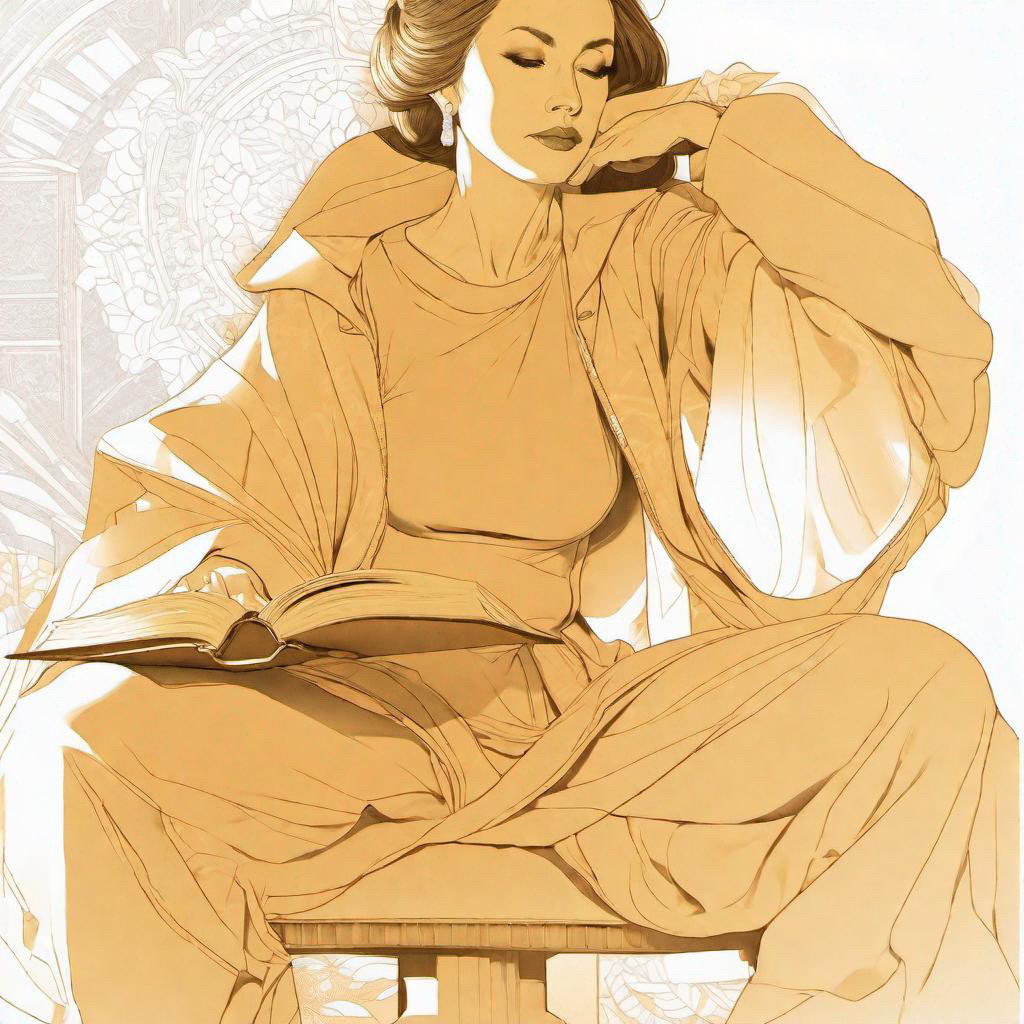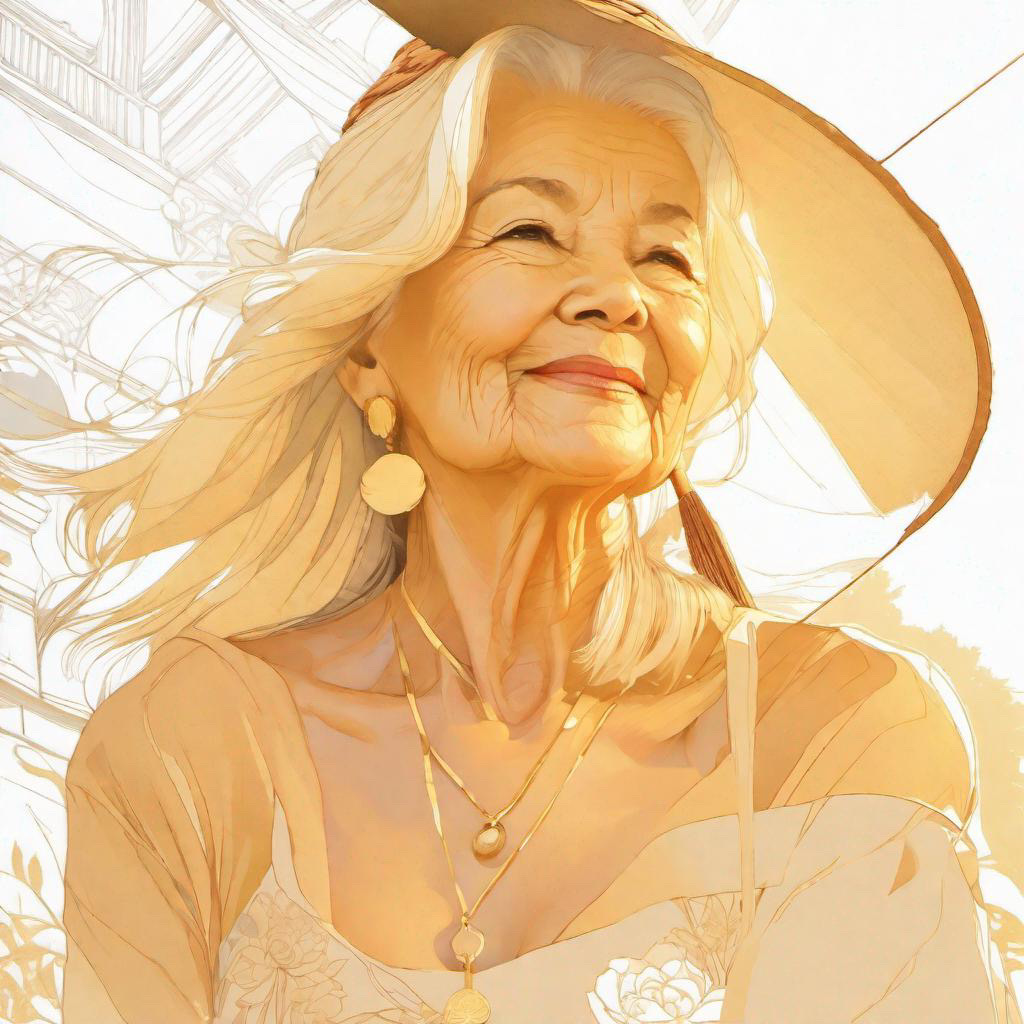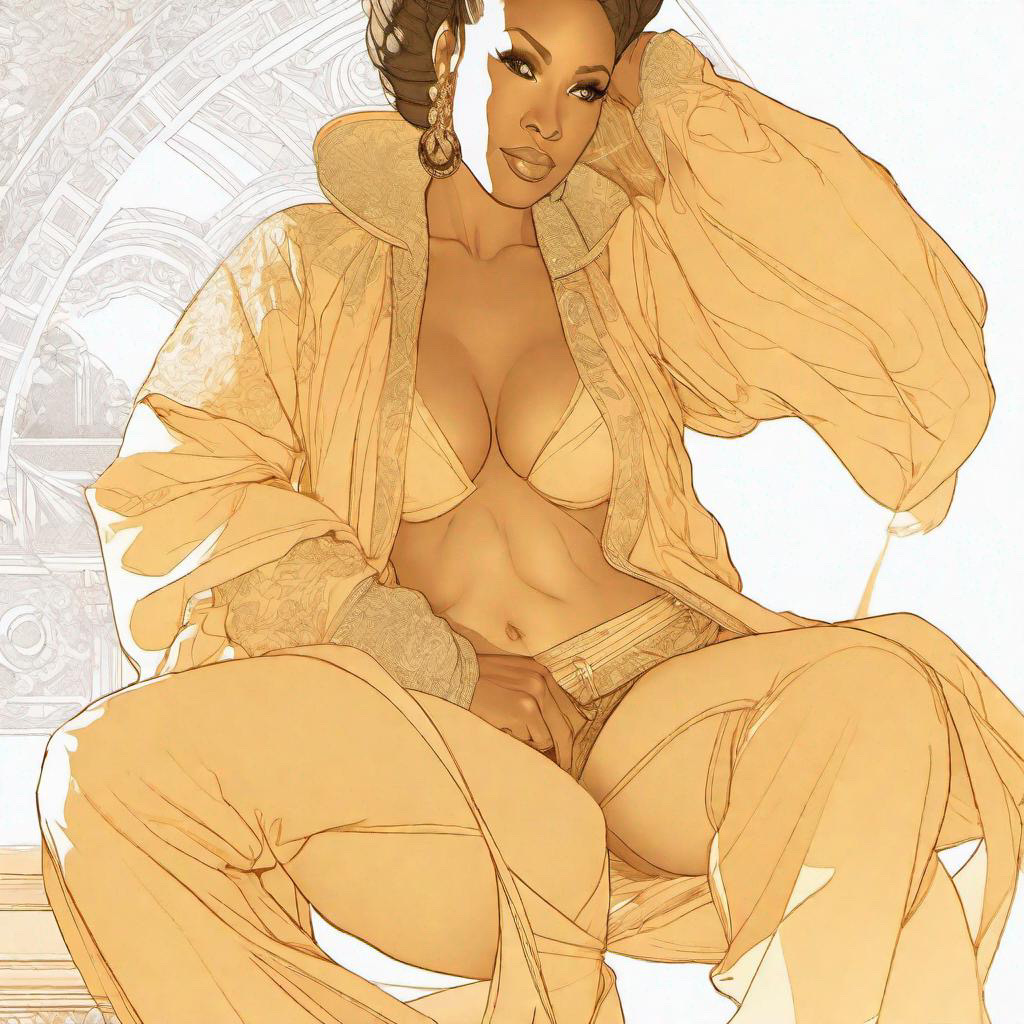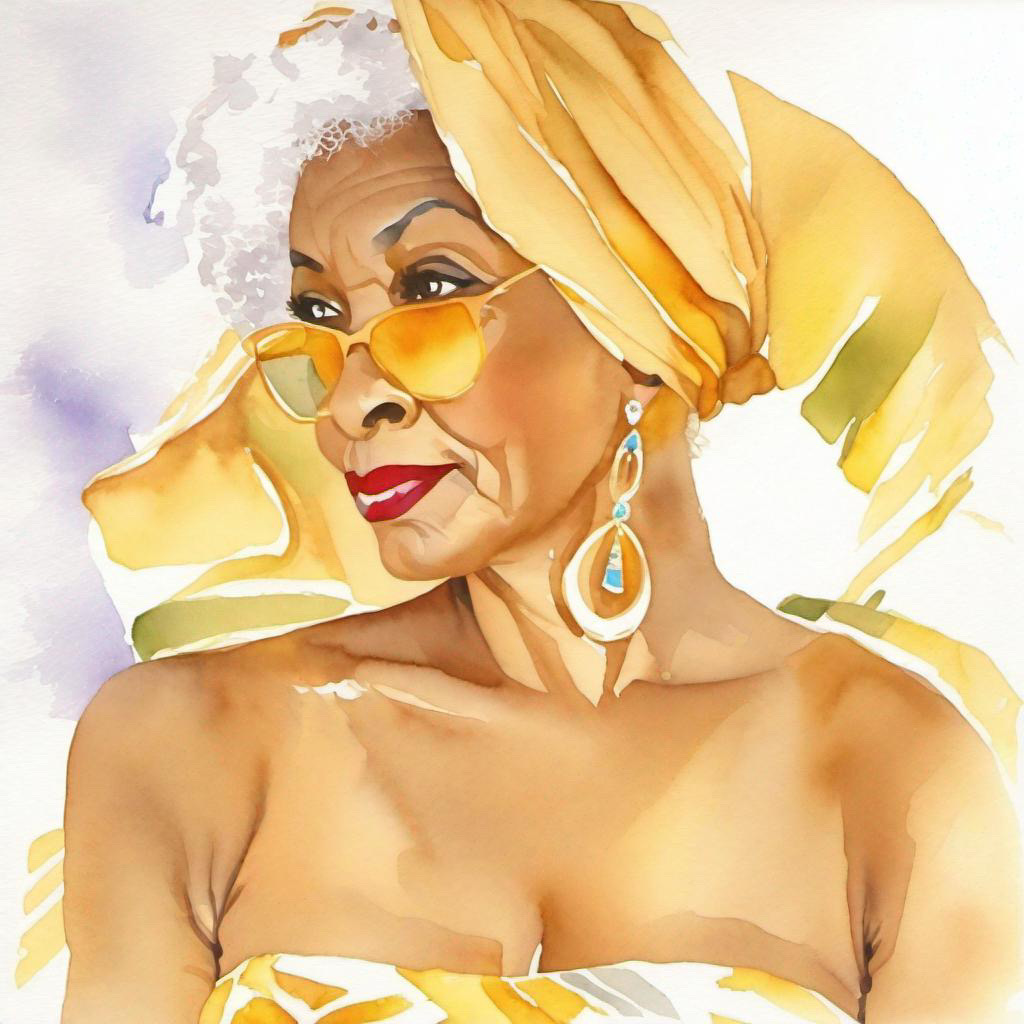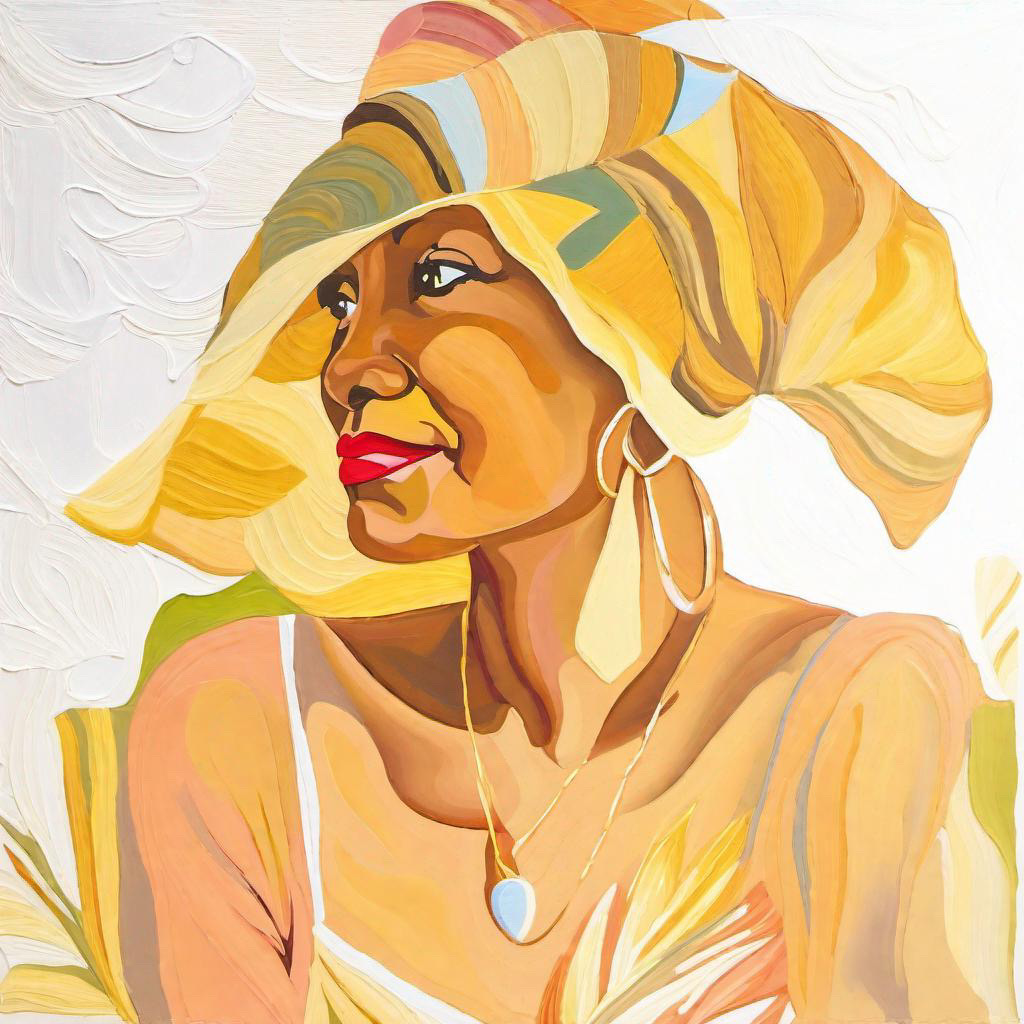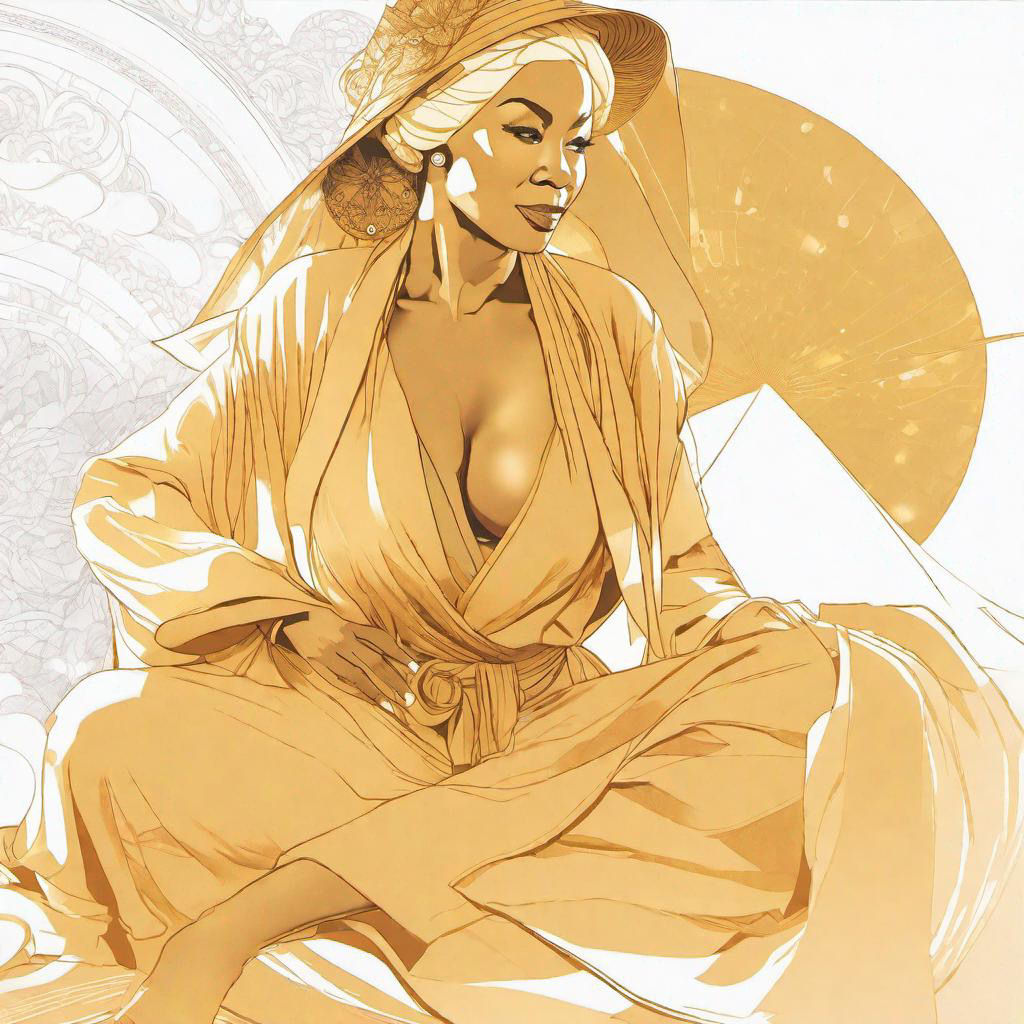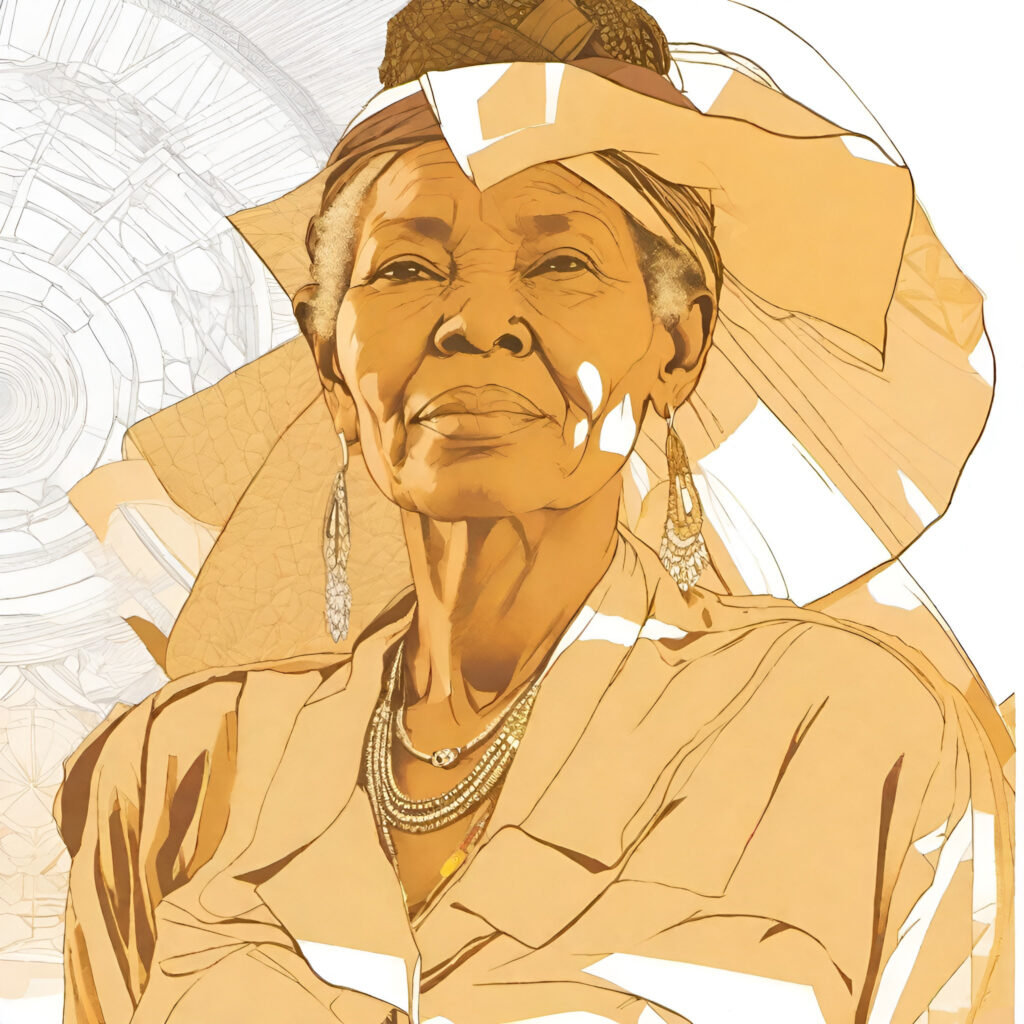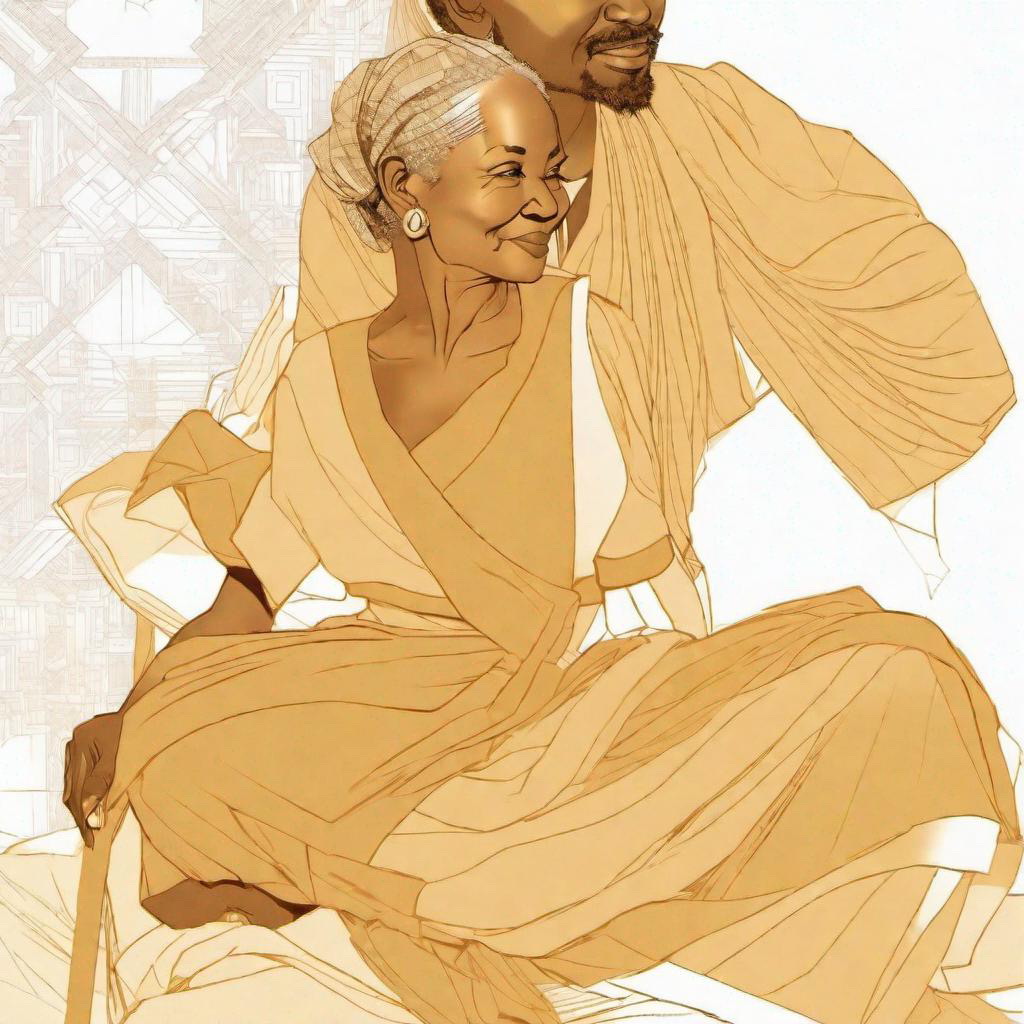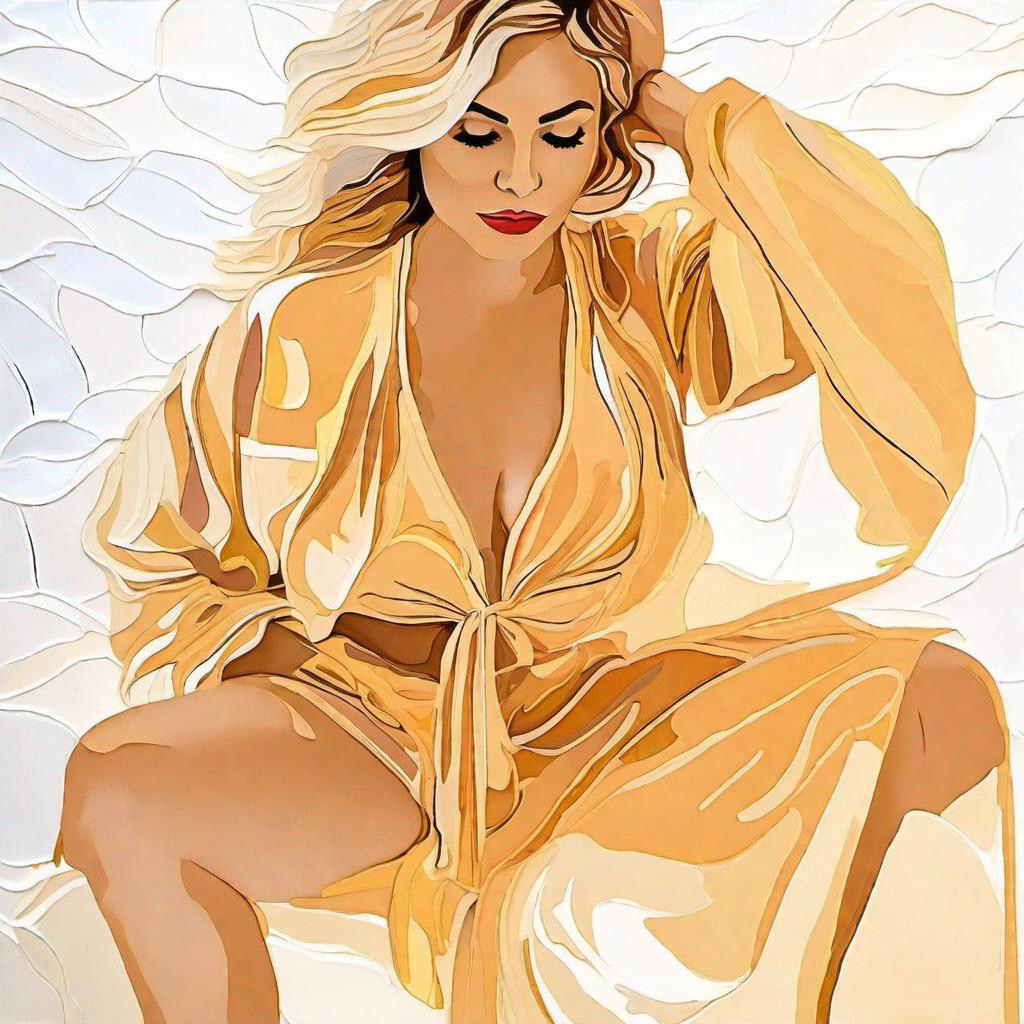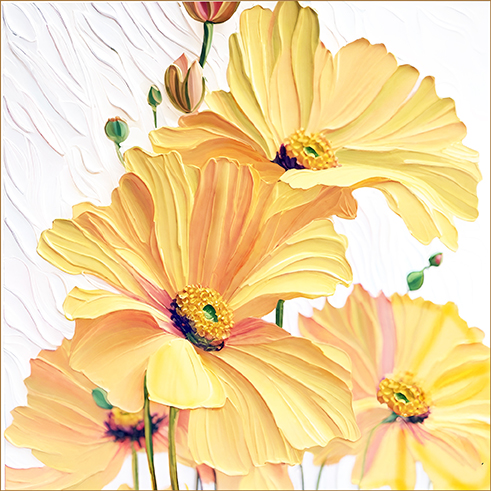Starting from the earliest known history and progressing through the modern era this timeline includes significant milestones, historical context, and important figures. It demonstrates the resilience and contributions of Black individuals and communities throughout history, as well as the persistent impact of systemic racism and the continued fight for civil rights.
### Pre-Colonial Africa (Before 1619)
– **3000 BC – 1500 AD**: Ancient African civilizations flourished during this period, showcasing the rich history and cultural heritage of the African continent [[1]]
– **Ancient Egypt (c. 3000 BC – 30 BC)**: One of the world’s earliest and most advanced civilizations, known for its monumental architecture, including the pyramids.
– **Kingdom of Nubia (c. 2000 BC – 350 AD)**: Located south of Egypt, known for its rich gold deposits and powerful kingdoms like Kerma and Kush.
– **Kingdom of Aksum (c. 100 AD – 940 AD)**: A major trading empire in present-day Ethiopia and Eritrea, one of the first African kingdoms to adopt Christianity [[2]]
– **Empire of Ghana (c. 6th – 13th centuries)**: Flourished in West Africa, controlling trans-Saharan trade routes in gold and salt.
– **Empire of Mali (c. 13th – 16th centuries)**: Rose to prominence under Sundiata Keita, reached its peak under Mansa Musa, known for its wealth and Islamic learning centers.
– **Empire of Songhai (15th – 16th centuries)**: Succeeded the Mali Empire, known for its administrative sophistication and military prowess.
– **Great Zimbabwe (11th – 15th centuries)**: Thrived in southeastern Africa, renowned for its impressive stone structures [[3]]
– **Swahili City-States (10th century onwards)**: Developed along the East African coast, serving as cosmopolitan centers of trade [[4]].
### The Beginning of the Transatlantic Slave Trade (15th – 19th centuries)
– **Late 15th century**: Portuguese initiate the transatlantic slave trade, initially transporting Africans to work on sugar plantations in Cape Verde and Madeira islands [[5]].
– **16th century**: Spanish and Portuguese establish colonies in the New World, increasingly turning to Africa for labor as Indigenous populations decline [[6]].
– **17th – 19th centuries**: The transatlantic slave trade reaches its peak, with an estimated 10-12 million Africans forcibly transported to the Americas [[7]].
### Colonial America and Early United States (1619 – 1865)
– **1619**: Arrival of the first recorded Africans in English North America at Point Comfort, Virginia [[8]].
– **Mid-17th century**: Establishment of lifelong slavery and hereditary servitude in Virginia and other colonies [[9]].
– **1705**: Virginia Slave Codes codify the dehumanizing nature of slavery [[10]].
– **1739**: Stono Rebellion, the largest slave uprising in the colonial period [[11]].
– **Late 18th – early 19th centuries**: Rise of the abolitionist movement and the Underground Railroad [[12]].
– **1861 – 1865**: American Civil War fought over the issue of slavery.
### Emancipation and Reconstruction (1865 – 1877)
– **1865**: Ratification of the 13th Amendment, abolishing slavery [[13]].
– **1865 – 1877**: Reconstruction Era, aimed at rebuilding the South and integrating formerly enslaved African Americans into society [[13]].
– **1868**: Ratification of the 14th Amendment, granting citizenship to all persons born or naturalized in the United States.
– **1870**: Ratification of the 15th Amendment, prohibiting the denial of voting rights based on race.
### Jim Crow Era and Early 20th Century (1877 – 1950s)
– **Late 19th century – 1965**: Implementation of Jim Crow laws enforcing racial segregation in the Southern United States [[14]].
– **1896**: Plessy v. Ferguson Supreme Court decision upholds “separate but equal” doctrine [[15]].
– **1909**: Founding of the National Association for the Advancement of Colored People (NAACP).
– **1914 – 1918**: World War I, with approximately 370,000 African Americans serving in the U.S. military [[16]].
– **1920s – 1930s**: Harlem Renaissance, a flowering of African American cultural, literary, and artistic expression.
– **1939 – 1945**: World War II, with over one million African Americans serving in various branches of the U.S. armed forces [[17]] [[18]].
### Civil Rights Movement and Beyond (1950s – Present)
– **1954**: Brown v. Board of Education Supreme Court decision overturns Plessy v. Ferguson, declaring segregation in public schools unconstitutional.
– **1955 – 1956**: Montgomery Bus Boycott led by Martin Luther King Jr. and Rosa Parks [[19]].
– **1963**: March on Washington for Jobs and Freedom, where Martin Luther King Jr. delivers his “I Have a Dream” speech [[20]].
– **1965**: Voting Rights Act passed, aimed at overcoming legal barriers preventing African Americans from exercising their right to vote [[21]] [[22]].
– **1964**: Civil Rights Act passed, prohibiting discrimination based on race, color, religion, sex, or national origin [[21]].
– **1968**: Fair Housing Act passed, prohibiting discrimination in housing [[21]].
### Presidential Administrations and Their Impact on Black Americans
– **Franklin D. Roosevelt (1933 – 1945)**: New Deal programs often reinforced racial inequalities, but also provided some economic relief [[23]]() [[24]].
– **Harry Truman (1945 – 1953)**: Desegregated the armed forces and advocated for anti-lynching laws [[25]].
– **John F. Kennedy (1961 – 1963)**: Initially hesitant on civil rights but eventually supported the movement, leading to the introduction of a comprehensive civil rights bill [[26]].
– **Lyndon B. Johnson (1963 – 1969)**: Aggressively pursued civil rights legislation, resulting in the Civil Rights Act of 1964 and the Voting Rights Act of 1965 [[25]].
– **Jimmy Carter (1977 – 1981)**: Supported affirmative action and appointed a significant number of Black Americans to federal positions.
– **Ronald Reagan (1981 – 1989)**: Marked by a rollback of civil rights policies and opposition to affirmative action.
– **Bill Clinton (1993 – 2001)**: Implemented the 1994 Crime Bill, which contributed to mass incarceration, disproportionately affecting Black Americans.
– **Barack Obama (2009 – 2017)**: First African American president, implemented the Affordable Care Act and advocated for criminal justice reform.
– **Donald Trump (2017 – 2021)**: Presidency marked by rhetoric and policies perceived as hostile to Black Americans.
– **Joe Biden (2021 – Present)**: Signaled a commitment to racial equity, including executive actions on racial justice and proposals for police reform [[23]].
### Cold War and Vietnam Era
– **1950s – 1980s**: Cold War period saw African Americans facing a dual struggle for civil rights at home while being part of the global ideological battle against communism [[27]].
– **1955 – 1975**: Vietnam War era, with African American soldiers playing a crucial role despite facing systemic racism [[28]]. The anti-war movement became intertwined with the civil rights struggle [[29]].
### Modern Challenges and Movements
– **1980s – Present**: Mass incarceration disproportionately affects Black communities, with Black adults imprisoned at five times the rate of white adults as of 2020 [[30]].
– **2013 – Present**: Black Lives Matter movement emerges, focusing on police brutality and racial justice [[31]].




